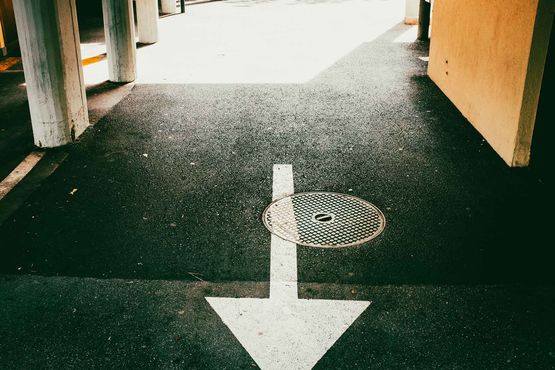Unconscious veterans

© 2023 FdR
Medical research tells us that it is not only veterans and journalists at the front who suffer from post-traumatic stress disorder from war, but also their colleagues who have told conflicts from the newsrooms by watching the pictures and reading the dispatches. What is lacking is a dedicated study of the effects of war on the public exposed to its narrative. In particular to its aesthetisation.They are devastating. That is why they are silenced.
We all play dumb. At the most, but really at the most, we feel the ground to know (although we don't really care to know) what our colleagues in the office think, the friend with whom we play tennis, the couple with children with whom we spend Sundays or the one upstairs who is trying to have children.
We do not talk about it, or we talk about it little. For two reasons.
The first: because we have realised that the topic can lead to the cancellation of friendships that we thought were eternal. We are not capable of living with opinions that differ from our own.
The second: because the theme forces us to confront the existence of a conflict that penetrates deep into our existences and shakes them, violently, even though we do everything we can to retain the awareness that it is far away.
Unlike the 'war against terrorism' unleashed by the United States and its allies in the aftermath of 11 September 2001, the war between Ukraine and Russia is distinguished by virtue of an element that was lacking at the time: its aesthetisation, i.e. its transformation into a beautiful, glorious, luminous, heroic and ultimately salvific war.
After 2001, we believed that the invasion of Afghanistan and Iraq was a justified reaction. It took us some time to realise that it was, in fact, a disaster.
Today, confronted with the war in Ukraine, we deny ourselves this conclusion. It must be fought, it must be fought! We are exposed to an aestheticising battlefield narrative. What happens there is beautiful, before it is justified and necessary.
Beautiful is the death of men at the front, beautiful their sacrifice, beautiful the return to the arms of girlfriends of young combatants who were amputated but fortunately immediately fitted with futuristic prostheses.
This is what we read and see almost everywhere, from the web to newspapers, from the media to social media.
The true reality of war is thus erased through the fiction of an aesthetically watchable event. Hence, fictitiously watchable!
Having to live every day with the idea, repeated over and over again everywhere and without a single voice being raised to contradict it, that war is now and definitively a beautiful thing, produces a traumatic action to which even those far from the battle and from the Ukrainian trenches are exposed, forced as they are to give credence to this mystifying tale.
When the war in Ukraine ends, the Swiss, Europeans and Westerners will also be its veterans.
Unconscious veterans.
(gianluca grossi)




